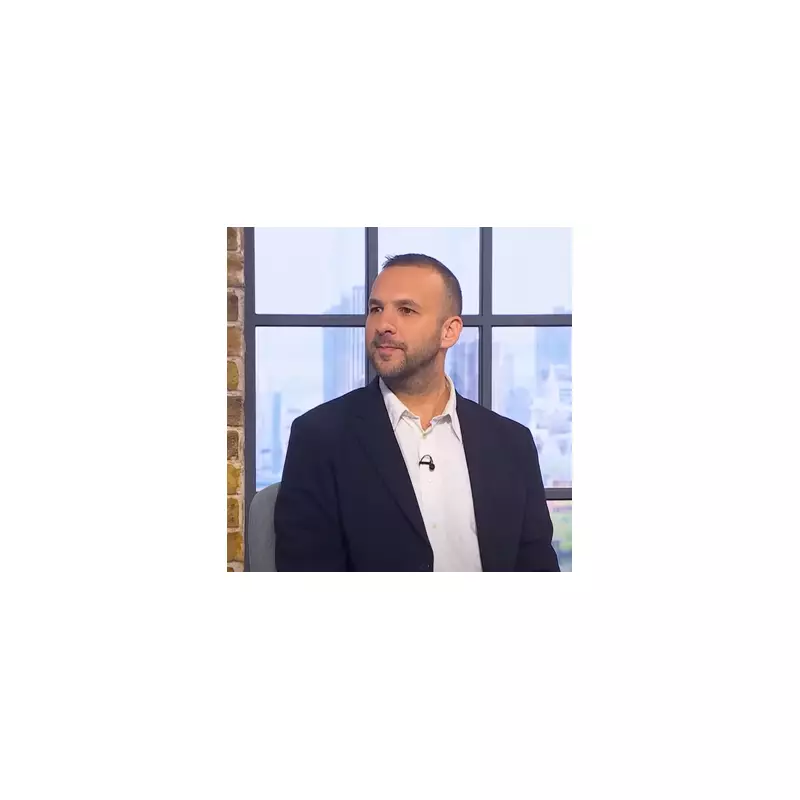
In a stirring address that captivated the House of Commons, Green Party deputy leader Zack Polanski launched a blistering critique of the government's current trajectory, delivering what many are calling his most powerful parliamentary performance to date.
The London Assembly member didn't hold back during his emotional speech, warning that the country is heading down a dangerous path that threatens fundamental democratic principles. While careful with his wording, Polanski's message was unmistakably clear: he sees alarming signs of authoritarianism taking root in British governance.
A Warning Bell Rings in Westminster
Polanski's intervention came during a debate that saw tempers flare and passions run high. The deputy leader spoke with visible emotion, his voice occasionally trembling with intensity as he articulated his concerns about the state of British democracy.
"We're witnessing a shift that should concern every citizen who values freedom and democratic accountability," Polanski declared, drawing supportive murmurs from opposition benches while government ministers remained stony-faced.
The Unspoken Crisis in British Politics
Though Polanski avoided direct accusations that might have breached parliamentary rules, his carefully chosen words painted a disturbing picture of a government increasingly comfortable with concentrating power and sidestepping traditional checks and balances.
His speech touched on multiple policy areas where he believes civil liberties are being eroded and democratic norms undermined. The Green Party representative argued that these developments represent a fundamental departure from Britain's long-standing democratic traditions.
Cross-Party Reactions and Implications
The reaction to Polanski's speech has been predictably divided along political lines. Opposition MPs have praised his courage in speaking truth to power, while government supporters have dismissed his comments as political theatre.
Political analysts suggest that Polanski's intervention reflects growing unease across the political spectrum about the health of British democracy. His decision to voice these concerns in such stark terms indicates that what might once have been fringe worries are now moving into mainstream political discourse.
As the dust settles on this dramatic Commons exchange, one thing is clear: Polanski has positioned himself as a significant voice in the debate about Britain's democratic future, and his warnings are likely to resonate far beyond the Westminster bubble.





